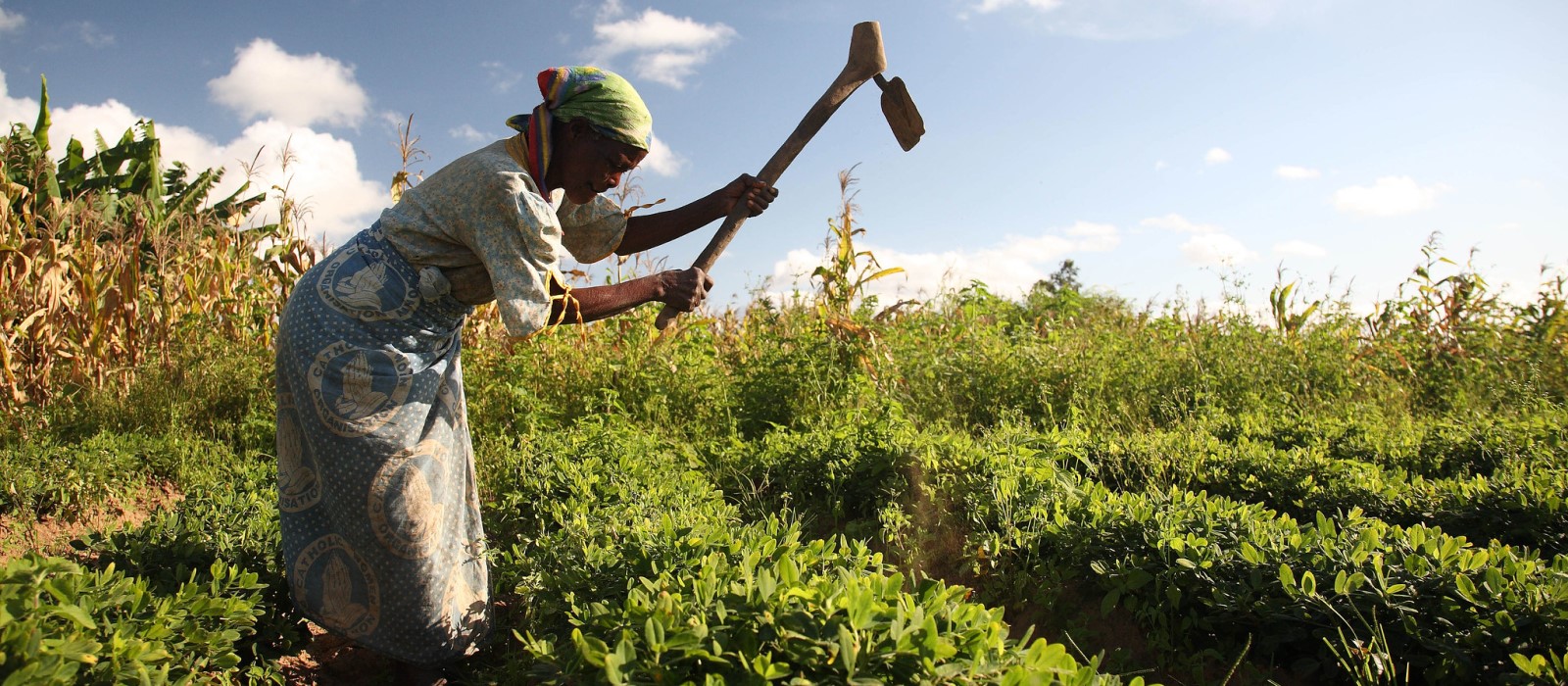Seasonal Hunger in Malawi: Scaling a Budgeting Intervention

Study Context
Consumption seasonality negatively affects the lives of people living in poverty, particularly in countries with large agricultural sectors. In Malawi, over half of rural households and a third of urban households experience seasonal hunger in pre-harvest months (Anderson et al. 2018). Though harvest time may feel abundant, farmers in these contexts typically have a difficult time stretching their income until next year’s harvest. Previously in Zambia, we tested a simple, low-cost planning intervention that led to a 15% increase in savings, so that households entered the hungry season with a month more worth of food, and invested more in their farms—leading to a 9% increase in crop revenue. We aim to adapt this intervention for scale-up in Malawi: modifying it to fit more diverse financial situations, altering it so that it is less time intensive and more scalable, and embedding it within an existing organization, whose workers will deliver the intervention to farmers.
Study Design
The study design encompasses a national roll-out of the intervention and aims to generate evidence around the market level impacts on staple crop prices and piecemeal labor wages – in other words, the impacts of the intervention on untreated households – as well as food security and savings over the year and agricultural output at the end of the year. Continued evaluation during the early stages of scaling will inform: 1) the effectiveness of an adapted and scaled model of the intervention embedded in ongoing agricultural extension activities and 2) any net positive or negative market level effects of the intervention.
Results and Policy Lessons
Results forthcoming.

